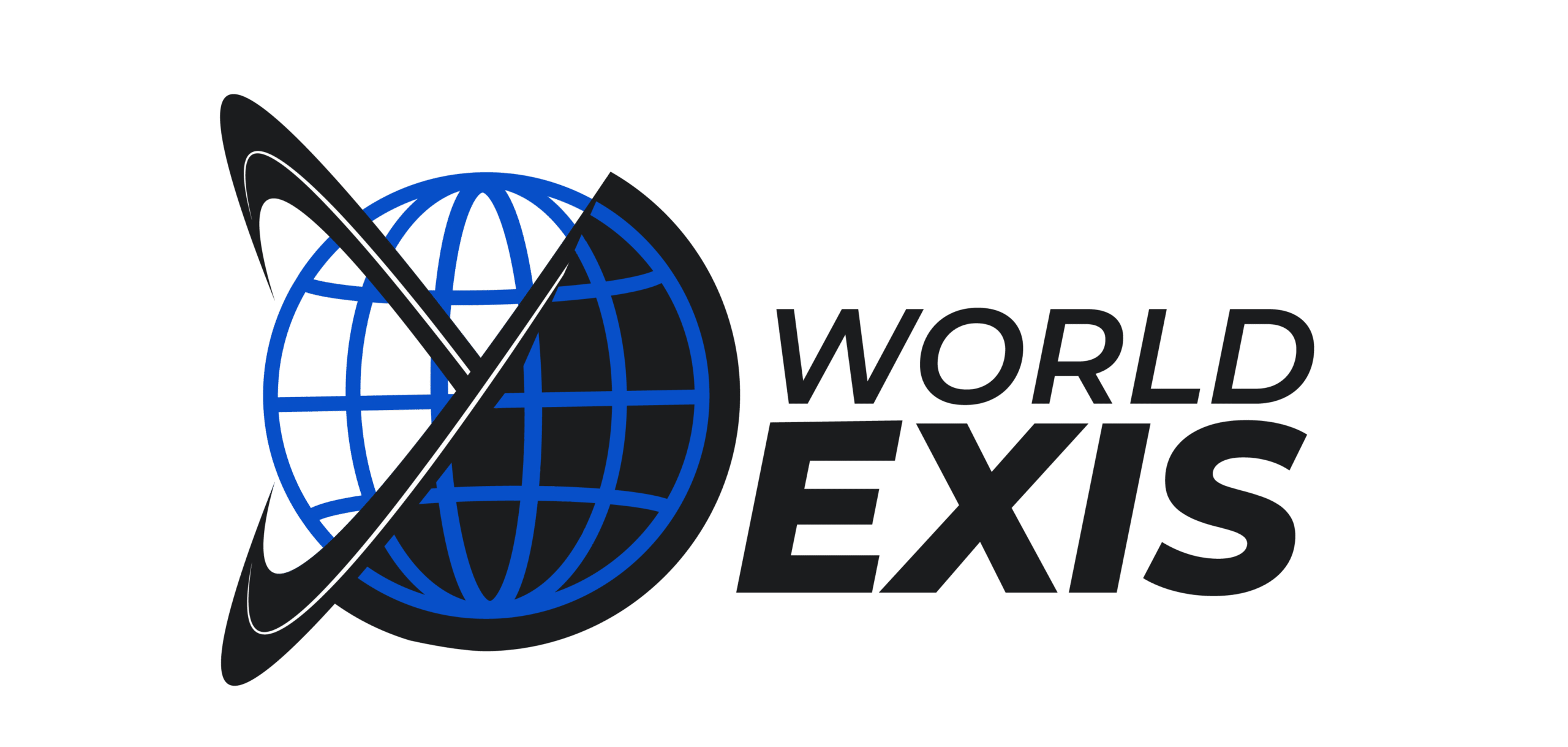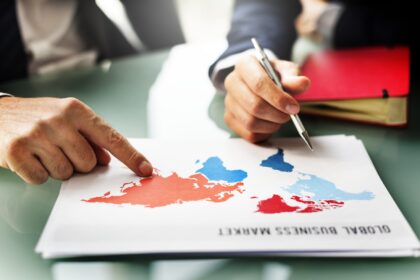Identity politics—rooted in ethnicity, religion, nationalism, and ideology—plays a growing role in shaping global governance. While often seen as divisive, it also offers opportunities for solidarity, legitimacy, and reform. This SEO-friendly article explores how identity influences international relations, alliances, legitimacy, conflict, and inclusive governance.
- 1. Identity and Alliances in Global Politics
- 2. Identity as a Double-Edged Sword: Unity and Conflict
- 3. Identity Shaping Foreign Policy
- 4. Global Governance: Identity Beyond Borders
- 5. Identity, Money & Information: A Polarizing Triad
- 6. Identity and Inclusivity in Governance
- 7. Cultural Diversity’s Mixed Governance Effects
- Real Perspectives from Public Discourse
- Summary Table
- Final Thoughts
1. Identity and Alliances in Global Politics
Identity plays a foundational role in forming and sustaining international alliances. Shared values, historical bonds, and cultural identities bolster cohesion—as seen in NATO, the EU, and NORAD. However, conflicting identities can strain alliances, especially when interpretations of national identity diverge.
2. Identity as a Double-Edged Sword: Unity and Conflict
While identity can unify, it can also fracture. Ethnic and religious identities have fueled severe conflicts—from Rwanda to the Balkans to Myanmar—often resulting from deliberate political manipulation, marginalization, and exclusion.
3. Identity Shaping Foreign Policy
In some countries, identity shapes diplomatic behavior and limits flexibility. A case study of Pakistan reveals how religious and ideological identities complicate foreign relations with neighbors and hinder pragmatic policy-making.
4. Global Governance: Identity Beyond Borders
Identity can transcend borders, forging transnational solidarity and advancing governance beyond traditional state-centered models. Yet, it also poses security risks when tied to non-state actors and ideological movements that erode state legitimacy.
5. Identity, Money & Information: A Polarizing Triad
Modern democracies face a feedback loop where identity-driven appeals, funded by money and amplified via media, intensify polarization and erode trust. This “triad” undermines issue-based politics and entrenches elite power across contexts.
6. Identity and Inclusivity in Governance
Inclusive governance demands more than superficial representation—it requires nurturing shared identities across divides. Strengthening intergroup social bonds—via electoral systems, decentralization, and participatory institutions—builds more resilient and inclusive societies.
7. Cultural Diversity’s Mixed Governance Effects
Cultural heterogeneity affects institutional performance in complex ways: while diversity can boost innovation and responsiveness, it can also hinder cohesion depending on societal integration and institutional structures.
Real Perspectives from Public Discourse
Reddit users offer critical, reflective takes:
“Identity politics… help educate people about what you’re going through, so they recognize that these issues that matter to you are worth addressing.”
“It is important… to not fall for the trap of essentialisation… identity politics… becomes inherently anti-universalist.”
These voices highlight both the empowering potential and the pitfalls of identity-based mobilization.
Summary Table
| Aspect | Impact on Global Governance |
|---|---|
| Formation of Alliances | Shared identities strengthen diplomatic cohesion; divergence strains ties. |
| Conflict vs Reconciliation | Identity politics can ignite ethnic violence or demand justice and restoration. |
| Diplomacy & Foreign Policy | Identity-based framing can limit flexibility and complicate negotiation. |
| Governance Legitimacy | Identity-backed narratives can legitimize or destabilize governments. |
| Polarization Dynamics | Identity, money, and media reinforce tribal politics and weaken trust. |
| Inclusivity & Social Bonds | Bridging identities fosters cohesion and resilient governance. |
| Cultural Diversity | Has mixed effects on institutional performance, depending on integration. |
Final Thoughts
Identity politics is neither inherently destructive nor purely constructive—it’s a complex, powerful force. It shapes alliances, powers movements, influences governance, and frames the way communities engage politically. Constructively managing identity—through inclusive institutions, dialogue, and shared norms—can harness its strengths while mitigating division.








